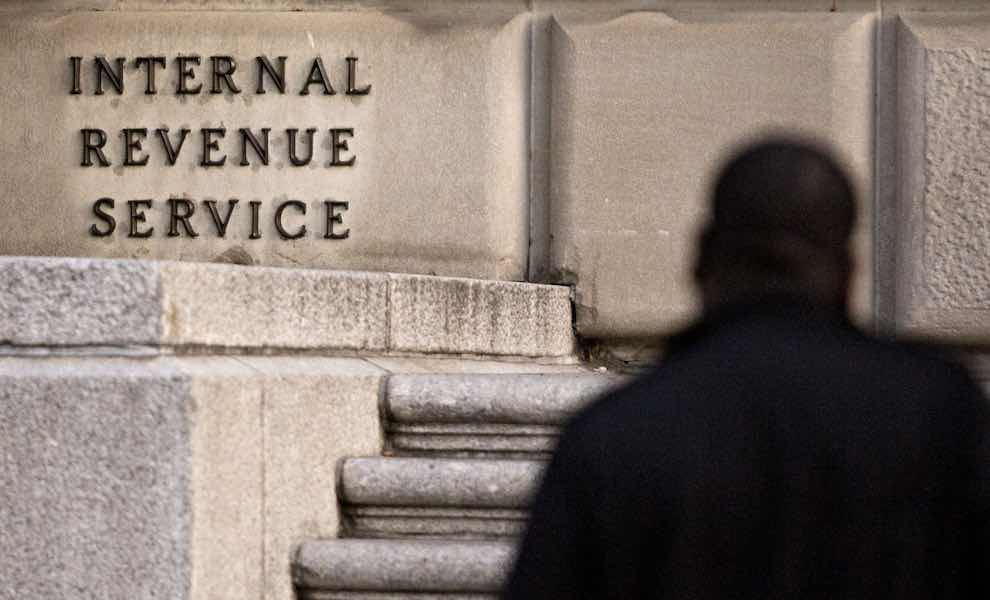
The IRS Tax guidelines provided clarity about the tax treatment of cryptocurrency. This also included the rulings, which were meant to guide the tax treatment related to hard forks.
A hard fork typically occurs when there is a protocol change leading to a new identity for the token. This means when the hard fork happens, the new symbol with the new protocol on the new distributed ledger loses its original character, and it leads to the creation of a new cryptocurrency.
In one kind of hard fork, the investor does not receive any new cryptocurrency. In another scenario, the investors get units of a new cryptocurrency in the airdrop.
When there is no airdrop, investors do not own any new value. However, when there is an airdrop, the investor has access and ownership of the old legacy cryptocurrency and the new units of currency in the airdrop.
The new guidelines provide clarity on the apparent issues when taxing these cryptocurrency units. This needs to be addressed because if the value of the cryptocurrencies received was high at a point in time and at a later point in time goes down as it is not getting full acceptance, then it becomes a problem for the investor.
This means there will be a capital loss to the original cryptocurrency. And, the investor will give recognition to the ordinary income being left with no money to pay for the tax.
The new guidance states that the taxpayer should recognize the income anytime the taxpayer gets domain and control over a new type of cryptocurrency after a hard fork. Technically speaking, this will not apply to an airdrop, which happens without a fork.
While it appears that clarity has been provided, there is a lot of confusion to be solved yet. It is not clear if these rules will apply to the airdrops of Altcoins. There are situations when the owners of wallets have not done anything to receive the airdrops, but land up getting them, and many times they are not even aware they have been dropped with units of crypto in airdrops.
If the taxpayers are donating cryptocurrency to charity, then they need to estimate the fair market value, and that value will not be recognized as an income from cryptocurrency. Taxpayers will have to maintain records concerning their cryptocurrency transactions like receipts, sales, and exchanges.
The confusion about the “result of an airdrop of a new cryptocurrency following the hard fork.” It is not truly resolved.

Get the latest Crypto & Blockchain News in your inbox.